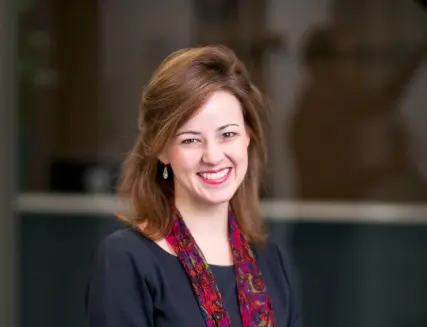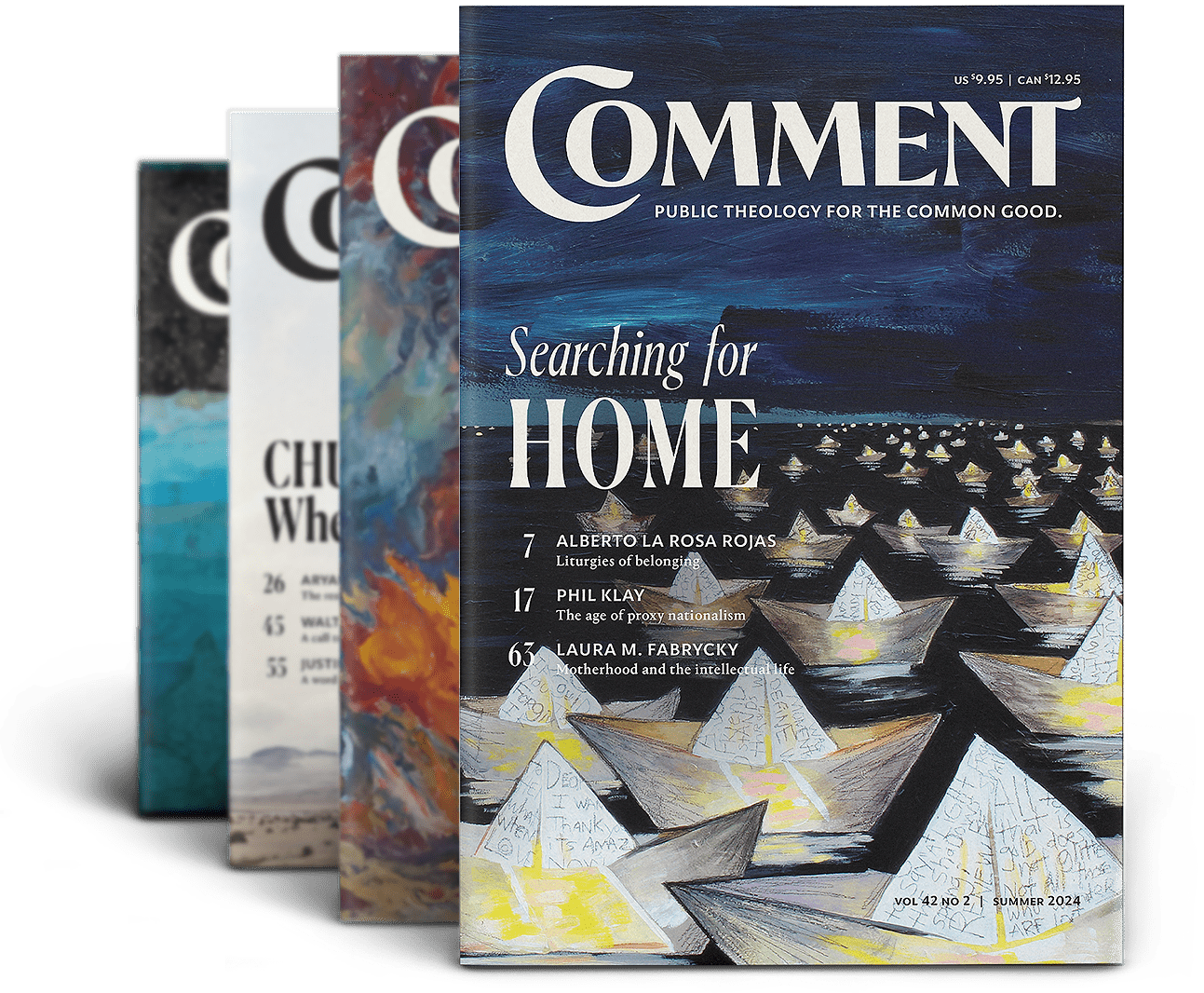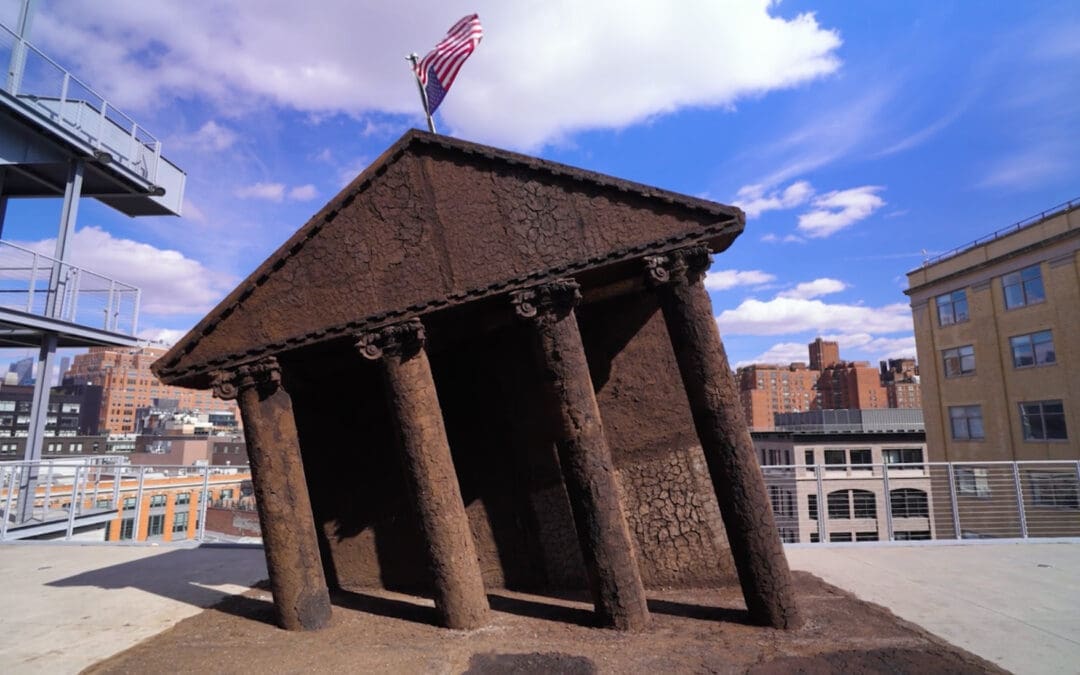“It’s not about the destination. It’s about the journey.” “Learn to be, less do.” “The only constant is change.”
Popular proverbs like these have drenched our cultural landscape for as long as I can remember. Each time they’re rediscovered, preached and parroted as if an unprecedented level of enlightenment has been achieved.
Such truisms are not without merit, of course. They can serve as checks on our conceit of control. They offer a course correction on a meritocratic logic oriented toward achievement as the singular good.
But how do these wall hangings hold up when the world at large turns upside down, when it’s not just you—the individual—who needs to stop and smell the roses? What happens when a society that thought it was successful is shocked into realizing that it can no longer assume an infinitely upward path of progress or an ever more perfect union? What happens to human character when we lose confidence that a promised land for us and in our image exists, if only we believe the right things and work hard enough?
If 2020 is defined by one thing, it’s the ushering in of mass uncertainty. Uncertainty about how to behave in the face of a capricious virus, uncertainty about the whens and hows of life when timetables are no longer guaranteed, uncertainty about whom to trust when the experts convey conflicting messages, uncertainty about job security and when you’ll be able to see your family.
Those who have grown up in the developed world are unafraid of problem-solving so long as the rules of success hold. School groomed us to bank on certain inputs leading to certain outputs. The triumph of science persuaded us that clear data sets could guarantee targeted impact. Capitalism promised that persistent effort labouring in a direction would lead to rewards.
Of course somewhere in the brain’s recesses we know we are mortal and that death will come for us all. But what we are facing now—a whole world on edge—is an abyss of layered contingencies darkened still further by the suspicion that we don’t even know what we don’t know. And still we have to live our lives.
We were not prepared. Modernity’s promise, after all, has been predicated on the seduction that human beings can replace God—through science and technology, through planning and a baseline of prosperity. We never designed for the triumph of something beyond our grasp—not our schools, not our social scripts.
Uncertainty is exhausting. It’s expensive. It saps you of your normal sense of self and challenges what you thought were your strengths. The skills that worked in one context no longer serve the hour, and the plans that you, your organization, and your family made in January appear irrelevant in the face of this year’s schizophrenic lurches.
This fall issue of Comment is an attempt to shed light on some less popular sources of wisdom for what we anticipate being a long morass. Ours is not the first era to be thrown into a tumbler without an end point. There are those living around the world today—including many in our own midst—who know precarity like a brother. What can we learn from these ignored sages, from the poor, from those diagnosed with a rare form of cancer? What can we learn from jazz and mathematics, from cultures adept at thinking in the present tense? What can children teach us by how they play and see and understand time? How might we support those institutional leaders struggling to make decisions when there are few handholds to predict what the consequences will be? What can we learn from those who have been exiled from their own lands, and from the biblical narrative of exile itself?
For all the misery of this year, we believe there is an invitation within it. What do you find yourself paying attention to now that the predictable has been ripped away? Is there beauty you ignored in your pre-pandemic tunnel? What of human character gets revealed when the mirage of our culture’s map of the good life disintegrates? Is there a better map?



